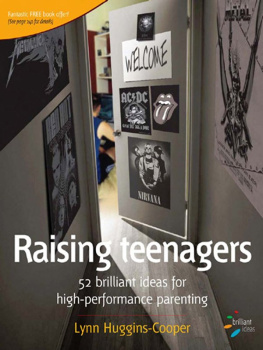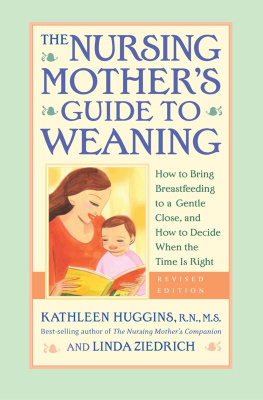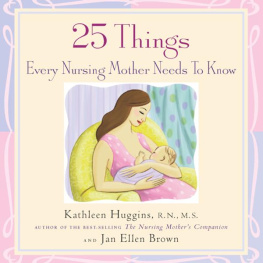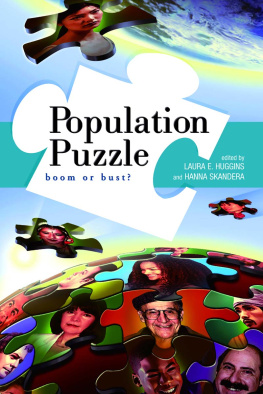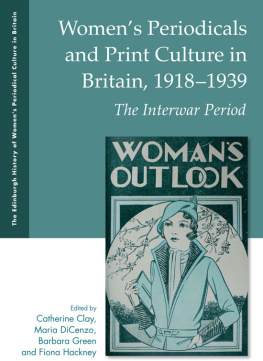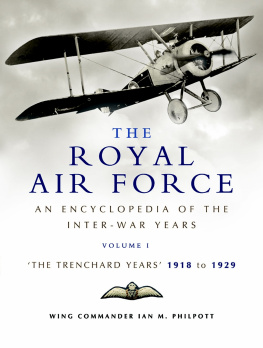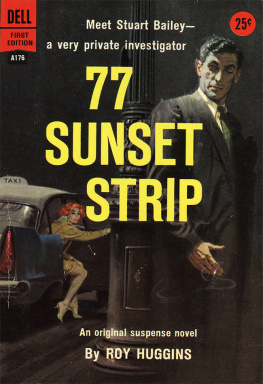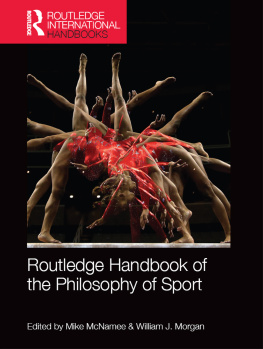Sport and the English, 19181939
Sport and the English, 19181939 is a comprehensive, accessible and innovative analysis of sport as an expression of the values and social relations of a nation. Bringing the central place of sport in English life between the wars into sharp focus, this insightful history provides us with a fresh perspective on issues of gender, class, religion and identity, and ideas of morality, continuity and change.
Themes include:
the nature of sport and its place in national life
how sport was portrayed in the media and through the sports stars of the age
tradition and change in sport and in society
gaining meaning from sport: the pursuit of pleasure, moral codes, and ideas of Englishness
class, social conflict and social cohesion.
This original and lucid study is ideal for students of sport and social history, and anyone interested in the social role of sport.
Mike Huggins lectures in History and Sports Studies at St Martins College, Lancaster, UK. His Flat Racing and British Society 17901914 was awarded the Sports History Book of 2000 Award by the North American Society of Sports Historians.
Jack Williams was Reader in Cultural History at Liverpool John Moores University, UK. His Cricket and England:A Cultural and Social History of the Inter-War Years and Cricket and Race were each awarded the Lord Aberdare Prize by the British Society of Sport History.
Sport and the English, 19181939
Mike Huggins and Jack Williams

LONDON AND NEW YORK
First published 2006 by Routledge
2 Park Square, Milton Park, Abingdon, Oxon OX14 4RN
Simultaneously published in the USA and Canada
by Routledge
270 Madison Ave, New York, NY 10016
Routledge is an imprint of the Taylor & Francis Group
This edition published in the Taylor & Francis e-Library, 2006.
To purchase your own copy of this or any of Taylor & Francis or Routledges collection of thousands of eBooks please go to www.eBookstore.tandf.co.uk.
2006 Mike Huggins and Jack Williams
All rights reserved. No part of this book may be reprinted or reproduced or utilised in any form or by any electronic, mechanical, or other means, now known or hereafter invented, including photocopying and recording, or in any information storage or retrieval system, without permission in writing from the publishers.
British Library Cataloguing in Publication Data
A catalogue record for this book is available from the British Library
Library of Congress Cataloging in Publication Data
A catalog record for this book has been requested
ISBN 0-203-39802-5 Master e-book ISBN
ISBN13: 978-0-203-39802-9 Master e-book ISBN
ISBN13: 978-1-134-32196-4 ePub ISBN
ISBN 10: 0-415-33184-6 (hbk)
ISBN 10: 0-415-33185-4 (pbk)
ISBN 13: 978-0-415-33184-5 (hbk)
ISBN 13: 978-0-415-33185-2 (pbk)
Introduction
This book focuses on a deceptively simple question what did sport mean to the English between the wars? This was a time when watching or participating in sports had become major leisure interests. The English were regularly presented as a sport-loving people, an image which visiting foreigners immediately identified. Rudolf Kircher, a German visitor, believed that sport was immediately and inseparably bound up with the whole life of the people none of the great modern nations has built it up in quite the same way into a rule of life and a national code (Kircher 1928:36). Newspapers usually devoted more space to sports than to all other forms of leisure. Sport was often a focus in leisure settings from pub conversations to the cinema, where, by the 1930s, it regularly formed between 20 and 25 per cent of most newsreel features. Sport was given enormous ideological significance. It received far more approval from the political and social establishment than most other forms of leisure. The monarchy attended national sporting events, and politicians were often keen to benefit by associating themselves with sport. There was sufficient lite interest in cricket to attract the prime minister and many of the cabinet to watch the fifth test against Australia at the Oval which gave England the Ashes in August 1926. Ramsay MacDonald, as a Labour leader, was among those bidding farewell to the touring Australian rugby league team after the Ashes match at Rochdale in 1930. Stanley Baldwin, by contrast, was a fan of the Oxford versus Cambridge athletics meetings. Betting on sport and cheating in sport often provoked controversy, but criticism of such practices rarely resulted in condemnations of sport itself. Discourses surrounding sport often argued that besides promoting physical health, sports encouraged moral qualities such as honesty, selflessness, courage or resolution which could be transferred to other areas of life. Apologists for sport often pointed out that sportsmanship was application of Christian morality.
By examining why sport was held in such high esteem in England between the wars this book sheds much light on English cultural values and social relations. Its concentration on the inter-war years permits deeper analysis than would a longer period of time. For the same reason it focuses on England rather than Britain, although many in England used the terms English and British interchangeably, particularly when talking about the Empire, but the conflation of England with Britain requires more research. Although useful work has been carried out on south Wales soccer by Martin Johnes (2002), inter-war sports in Scotland still await their historian. Separate international teams reflected divided loyalties within Britain.
Deciding the boundaries of sport is never easy and for the purposes of this book, we have taken sport to include those physical and competitive activities widely accepted as sport between the wars. In practice this has meant that sports were those covered on newspaper sports pages, though we also include aeroplane racing, often described as a sport, but not featured on the sport pages. We have excluded activities such as card games and dominoes, which, while competitive and included in the sport pages of many local weekly newspapers, were not physical; and ballroom dancing, since it was not seen as a sport between the wars.
In order to uncover how sport was regarded in England, the book first explores the forms and extent of interest in sport, how these compared with other leisure interests and how far involvement with sport differed between social groups and between sports. It then turns to the representations of sport between the wars. Reactions to sport were very much responses to how sport was represented and its multiple meanings diffused. But those who followed sport also helped to shape such representations. The representations of sport are examined through analyses first of the media and their images of sport and second of sport star celebrity, the status of sport stars, and what these reveal about the qualities and dilemmas that were imagined to surround sport. The variety of meanings that were attached to sport is further explored through the pleasures associated with sport, notions of correct behaviour in sport and the assumptions that sport in England was morally superior to that in other countries. The continuities and changes in sport, including the introduction of new sports and the responses to them and the changes in playing techniques of established sports, are discussed to determine how far sport was characterised by conservatism and an acceptance of tradition. In the concluding section of the book, we explore how far sport expressed and may have deepened social conflict and cohesion in England, sports gender and class dimensions and how far sports reflected and promoted senses of local, regional and national identity that transcended these.




